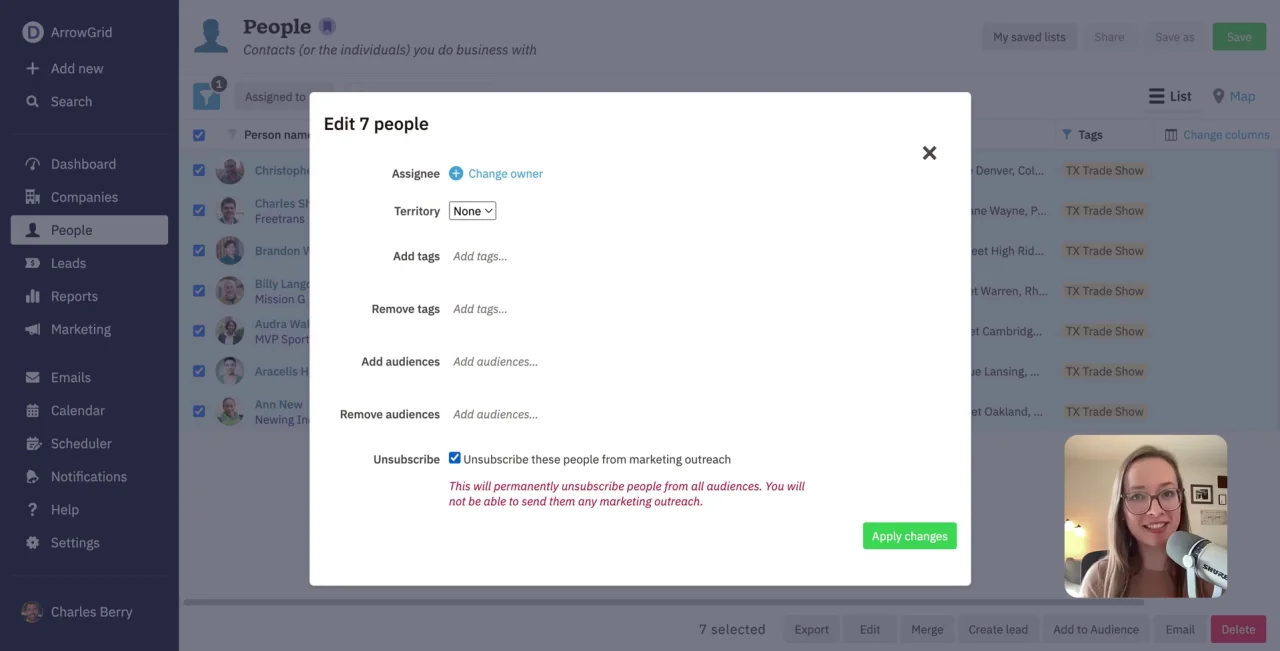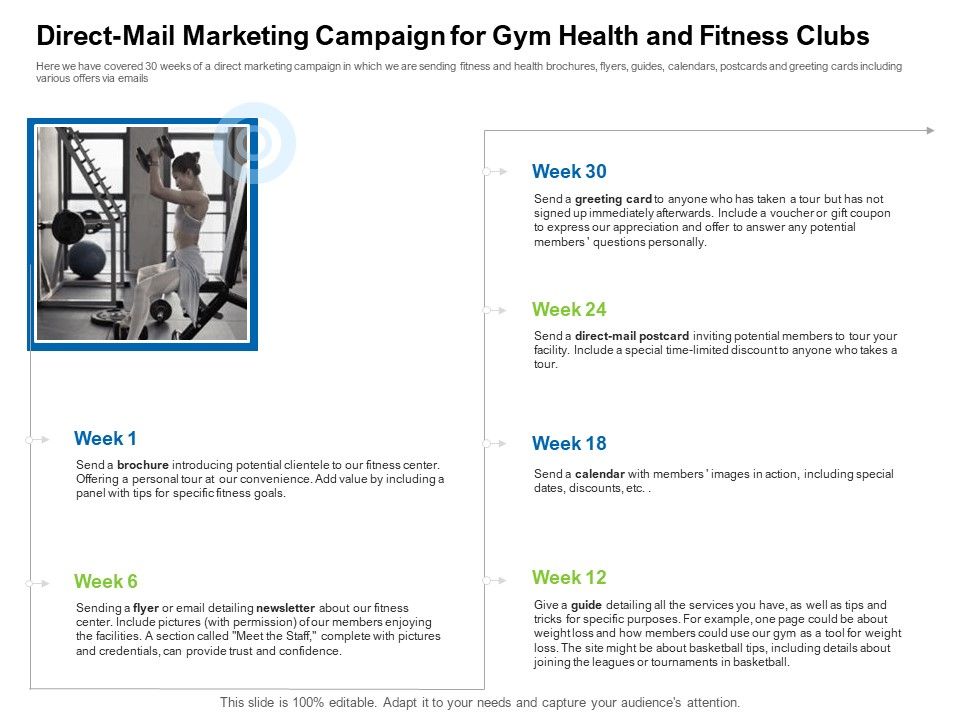No, you cannot add anyone’s email to your marketing campaign without their permission. It’s illegal and can harm your reputation.
Email marketing is a powerful tool for businesses. But it’s crucial to follow the rules. Adding emails without permission can lead to serious problems. You might face legal issues or lose trust with customers. Understanding the right way to build your email list is key.
This blog post will guide you through the legal and ethical considerations. Learn how to grow your email list the right way. This ensures your marketing efforts are effective and respected. Ready to dive in? Let’s explore the best practices for email marketing.
Introduction To Email Marketing
Email marketing is a powerful tool. It helps businesses reach their audience directly. But, many wonder about the rules. Can you add anyone’s email to your list? Let’s dive into the basics first.
Importance Of Email Marketing
Email marketing has many benefits. It allows direct communication. This helps build trust with customers. It also offers high ROI. Small businesses find it cost-effective. Emails can be personalized. This makes the message more relevant. Engaging content keeps readers interested. Regular updates keep your brand on their mind.
Ethical Considerations
Adding emails without permission is risky. It can harm your reputation. Always ask for consent. Respect privacy laws. Many countries have strict rules. Violating them can lead to fines. Build your list the right way. Offer value to encourage sign-ups. Use double opt-in methods. This ensures genuine interest. It also reduces spam complaints.
Understanding Consent
Understanding Consent is crucial before adding any email to your marketing campaign. Consent ensures that individuals have agreed to receive your communications. This practice not only respects the privacy of your contacts but also improves your email marketing performance.
What Is Consent?
Consent means permission. In email marketing, it means that someone has allowed you to send them emails. This permission is typically given through a sign-up form or subscription request.
Without consent, your emails can be marked as spam. This harms your sender reputation and can lead to legal issues.
Types Of Consent
There are two main types of consent: implied consent and express consent.
| Type of Consent | Description |
|---|---|
| Implied Consent | This happens when there is an existing relationship. For example, a customer who has bought a product from you. |
| Express Consent | This is when someone has explicitly agreed to receive your emails. This is usually done through a sign-up form. |
Express consent is more reliable than implied consent. It shows that the person is genuinely interested in hearing from you.
Always aim for express consent. Make sure your sign-up forms are clear and easy to understand. Tell users what they will receive and how often.
Legal Frameworks
Understanding the legal frameworks around email marketing is crucial. They ensure your marketing efforts are both effective and lawful. Complying with these regulations helps avoid penalties and builds trust with your audience.
Can-spam Act
The CAN-SPAM Act sets rules for commercial emails. It gives recipients the right to stop receiving emails from you. It outlines penalties for violations.
Under this act, you must not use misleading header information. Your subject lines should not be deceptive. You must also provide a clear way to opt-out of future emails. Honor opt-out requests promptly.
Your email must include your valid physical postal address. This ensures transparency and accountability. Non-compliance can result in significant fines.
Gdpr Regulations
The GDPR is a European regulation. It protects the privacy of individuals in the EU. It applies to any organization that processes personal data of EU citizens.
Under GDPR, you need explicit consent to add someone’s email to your list. Consent must be freely given, specific, informed, and unambiguous. You must also provide a way for individuals to withdraw their consent.
You need to keep records of consents. This shows compliance with GDPR. Failure to comply can lead to hefty fines. Understanding these regulations is essential for ethical and effective email marketing.

Credit: www.slidegeeks.com
Obtaining Permission
Adding someone’s email to your marketing campaign without permission can lead to legal issues. Always obtain clear consent before including anyone’s email in your list. Ensure compliance with privacy laws and respect individuals’ preferences.
Before adding anyone’s email to your marketing campaign, you must get their permission. This step is crucial for respecting privacy and building trust. Without permission, your emails might be marked as spam, damaging your reputation.Opt-in Methods
Opt-in methods are ways to get permission from your audience. There are several approaches to consider. One common method is the single opt-in. This involves asking users to sign up once. They enter their email and start receiving your emails. It’s simple but can attract fake or incorrect emails. Another method is the double opt-in. This adds an extra step for verification. Users must confirm their email address through a link. This ensures they genuinely want to receive your emails.Double Opt-in Explained
Double opt-in improves the quality of your email list. After users sign up, they receive a confirmation email. They must click a link to confirm their subscription. This step prevents fake or mistyped emails from joining your list. It also ensures that the user is genuinely interested. Double opt-in can reduce spam complaints. It can improve engagement rates as well. With a verified list, your emails reach people who want to hear from you. This can lead to better open rates and more clicks. In summary, obtaining permission is essential. Using opt-in methods, especially double opt-in, can enhance your marketing efforts. It builds a quality email list and fosters trust with your audience. “`Consequences Of Non-compliance
Adding anyone’s email to your marketing campaign without consent can be risky. It can lead to serious consequences, both legally and reputationally. Understanding these potential pitfalls is crucial for any marketer.
Fines And Penalties
Non-compliance with email marketing laws can result in hefty fines and penalties. Organizations like GDPR and CAN-SPAM Act enforce strict regulations on email marketing practices.
| Regulation | Max Fine |
|---|---|
| GDPR | €20 million or 4% of annual global turnover |
| CAN-SPAM Act | $43,792 per violation |
These fines can be crippling for any business. It’s essential to comply with these regulations to avoid financial losses.
Reputation Damage
Sending unsolicited emails can damage your brand’s reputation. Recipients may mark your emails as spam. This can affect your email deliverability rates.
Negative reviews can spread quickly. Word of mouth is powerful. Potential customers may avoid your brand.
- Loss of trust
- Decreased customer loyalty
- Lower engagement rates
Maintaining a good reputation is vital for long-term success. Always seek consent before adding emails to your marketing campaigns.

Credit: www.upwork.com
Best Practices For Email Lists
Building a successful email marketing campaign starts with a quality email list. This ensures your marketing efforts reach the right audience and improve engagement. Follow the best practices to create and maintain an effective email list.
Building Your Own List
Create your own email list to ensure you have engaged subscribers. These are people who are genuinely interested in your content.
Here are some ways to build your own list:
- Use sign-up forms on your website.
- Offer incentives like discounts or free resources.
- Promote your sign-up form on social media.
- Collect emails at events or webinars.
Remember to ask for consent before adding someone to your email list. This ensures compliance with regulations and builds trust.
Third-party List Purchases
Buying email lists from third-party vendors may seem like a quick solution. But it comes with risks.
Consider these points before purchasing an email list:
- Quality: Purchased lists may contain outdated or incorrect emails.
- Engagement: Recipients may not be interested in your content.
- Legal Risks: Ensure compliance with regulations like GDPR and CAN-SPAM.
- Reputation: Sending unsolicited emails can harm your brand’s reputation.
It is often better to build your own list. This ensures a higher engagement rate and a better relationship with your audience.
Maintaining List Integrity
Maintaining list integrity is crucial in email marketing. It ensures that your emails reach the right audience. This practice helps in building trust and improving engagement rates. Let’s explore some key aspects of maintaining list integrity.
Regular Updates
Regularly updating your email list is essential. An outdated list can lead to high bounce rates. It also affects your sender reputation. Ensure your list includes only active and valid emails. Use tools to verify email addresses. This will help in keeping your list clean and updated.
Removing Inactive Subscribers
Remove inactive subscribers from your list. It improves your email deliverability. Inactive subscribers can affect your engagement metrics. Identify users who haven’t engaged in a while. Send a re-engagement email. If they still don’t respond, remove them from your list.

Credit: support.nutshell.com
Conclusion And Recommendations
Adding anyone’s email to your marketing campaign without consent can lead to legal issues and damage your brand’s reputation. It’s crucial to understand and follow best practices for email marketing to build trust and avoid penalties.
Summary Of Key Points
Here’s a brief overview of the key points discussed:
- Consent is mandatory for adding emails to marketing campaigns.
- Using purchased lists can harm your brand and result in penalties.
- GDPR and CAN-SPAM laws require compliance to avoid legal issues.
- Double opt-in ensures subscribers genuinely want to receive your emails.
- Clear unsubscribe options are essential for user trust and compliance.
Actionable Steps
Follow these steps to ensure your email marketing campaign is compliant and effective:
- Obtain explicit consent from individuals before adding them to your list.
- Avoid purchasing email lists to maintain your brand’s integrity.
- Familiarize yourself with GDPR and CAN-SPAM regulations.
- Implement a double opt-in process for new subscribers.
- Include a clear and easy unsubscribe link in every email.
By following these guidelines, you can build a trustworthy and compliant email marketing strategy. This will enhance your brand reputation and ensure long-term success.
Frequently Asked Questions
Can I Add Anyone’s Email To My Marketing List?
No, you can’t add anyone’s email without their permission. It’s illegal and unethical. Always get explicit consent before adding someone to your marketing list.
What Happens If I Add Emails Without Permission?
Adding emails without permission can lead to legal consequences. It can also damage your reputation. Always follow email marketing laws.
How Can I Legally Add Emails To My Campaign?
You can legally add emails by using opt-in forms. Make sure users willingly subscribe. This ensures compliance and builds trust.
Why Is Consent Important In Email Marketing?
Consent is crucial to respect privacy and comply with laws. It ensures your emails are welcome. This leads to higher engagement and fewer complaints.
Conclusion
Respect others’ privacy when adding emails to marketing campaigns. Consent is crucial. Unsolicited emails can harm your reputation. Build trust by using permission-based lists. This approach ensures better engagement. Respect goes a long way in marketing. Ethical practices benefit everyone.
Protect your brand and audience. Choose permission over intrusion. Your campaign will thrive with genuine interest. Happy marketing!



Leave a Reply